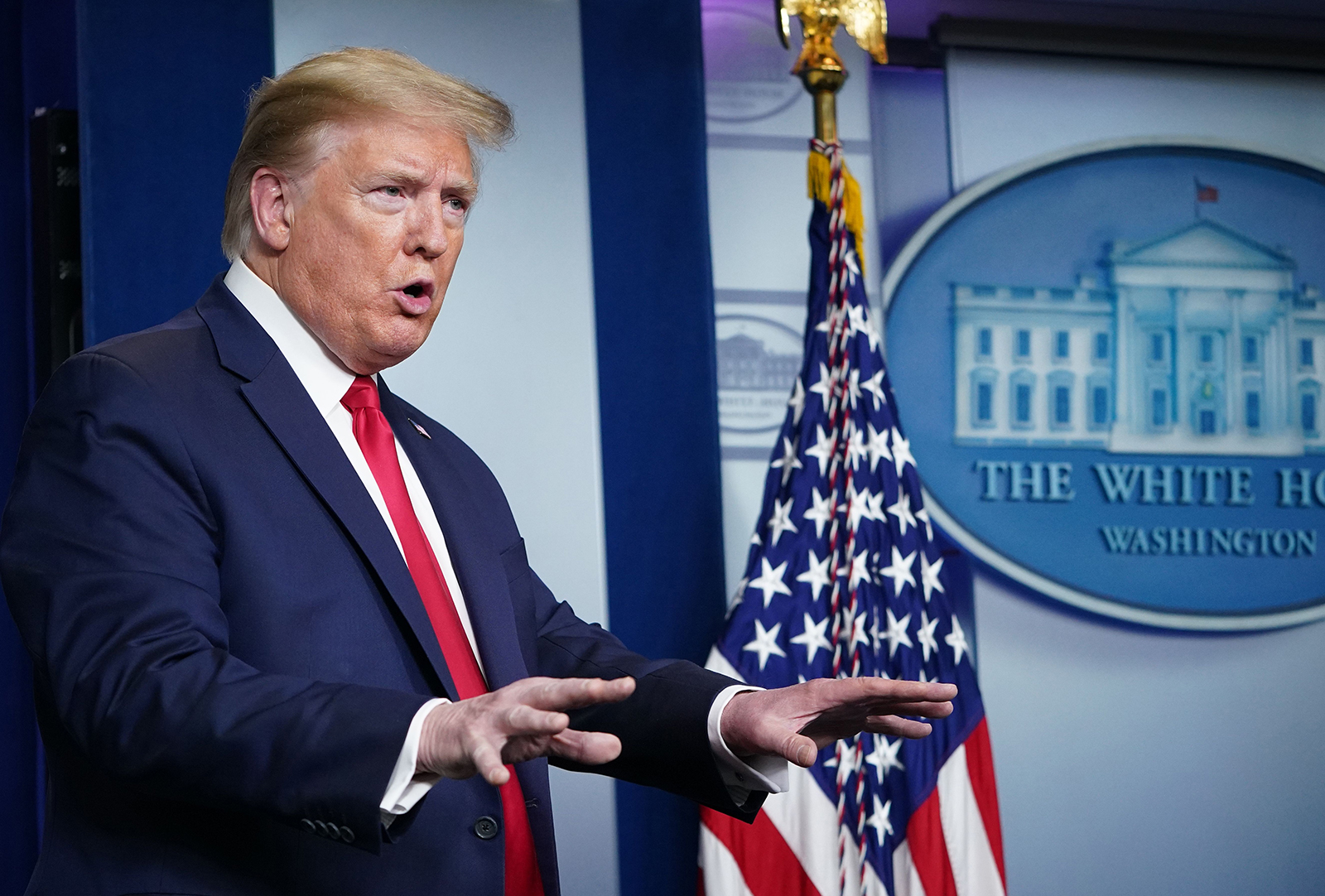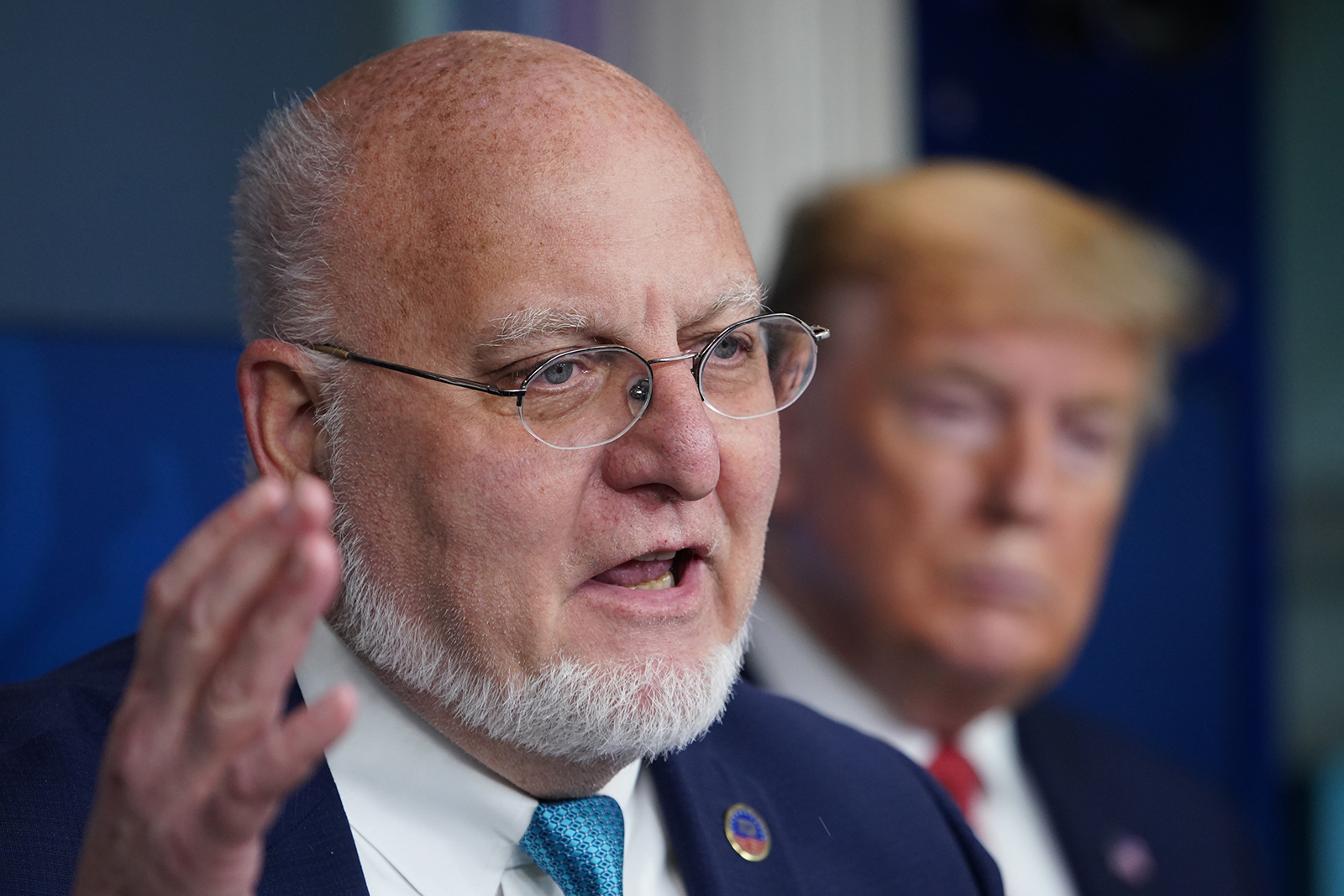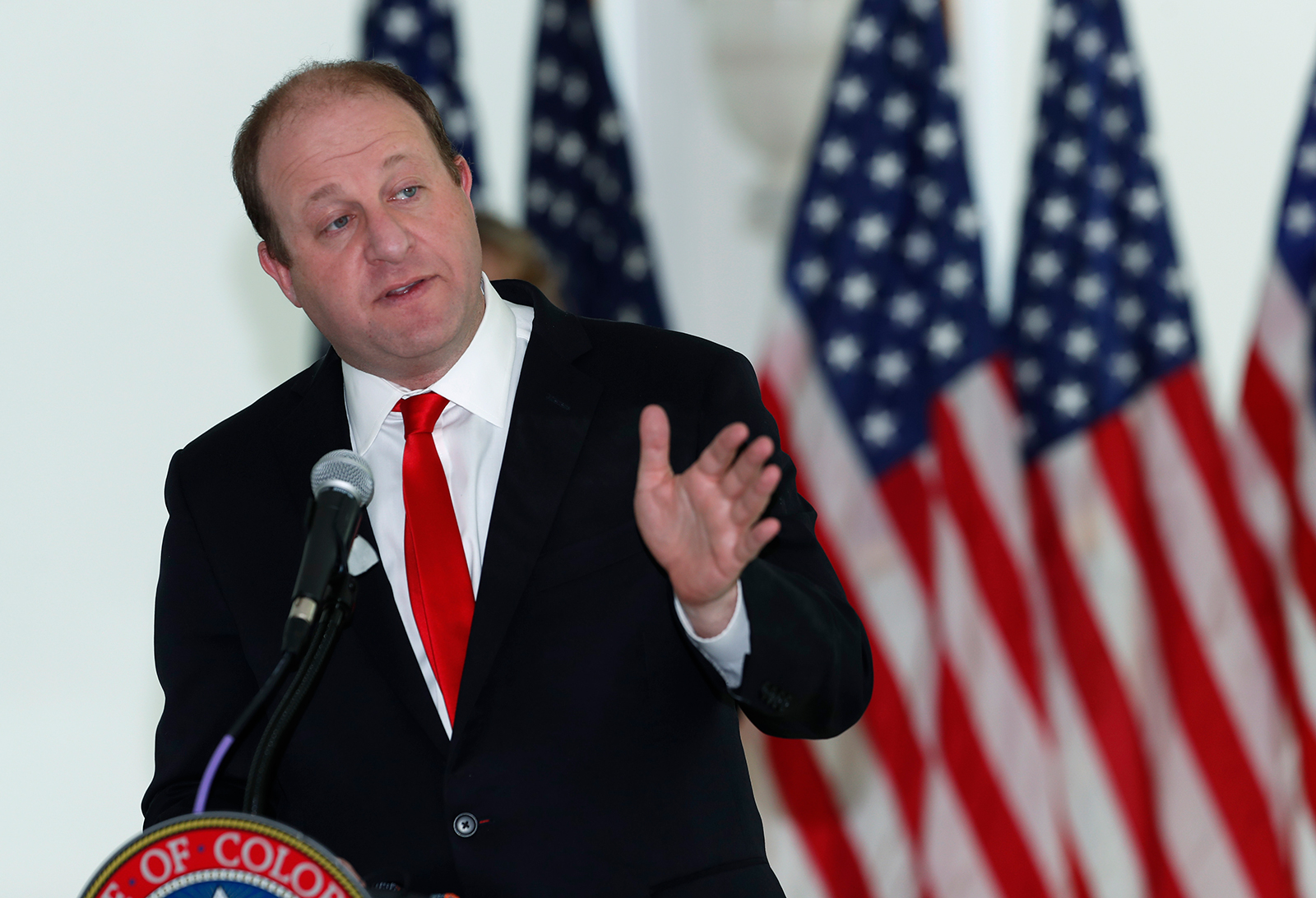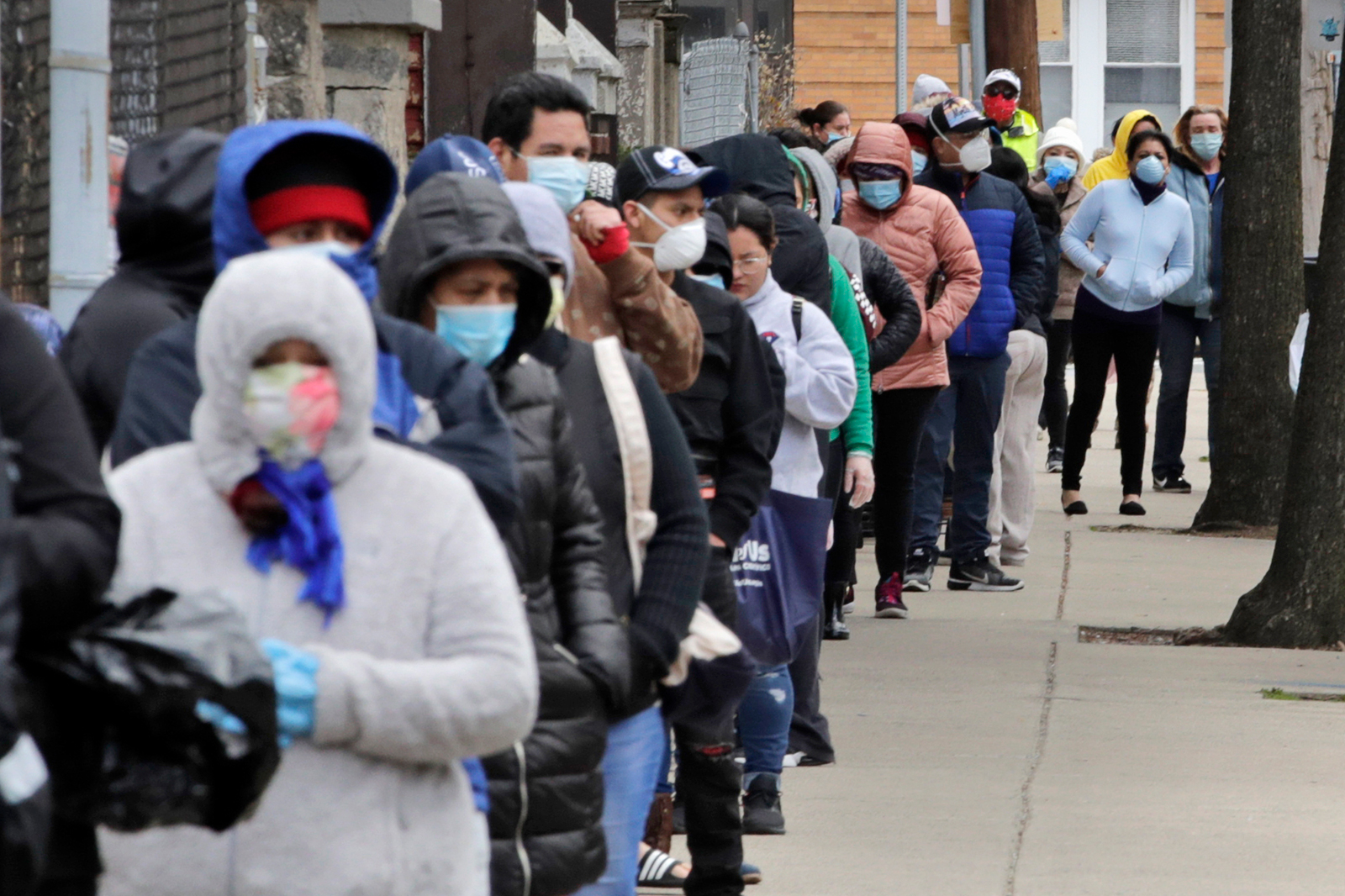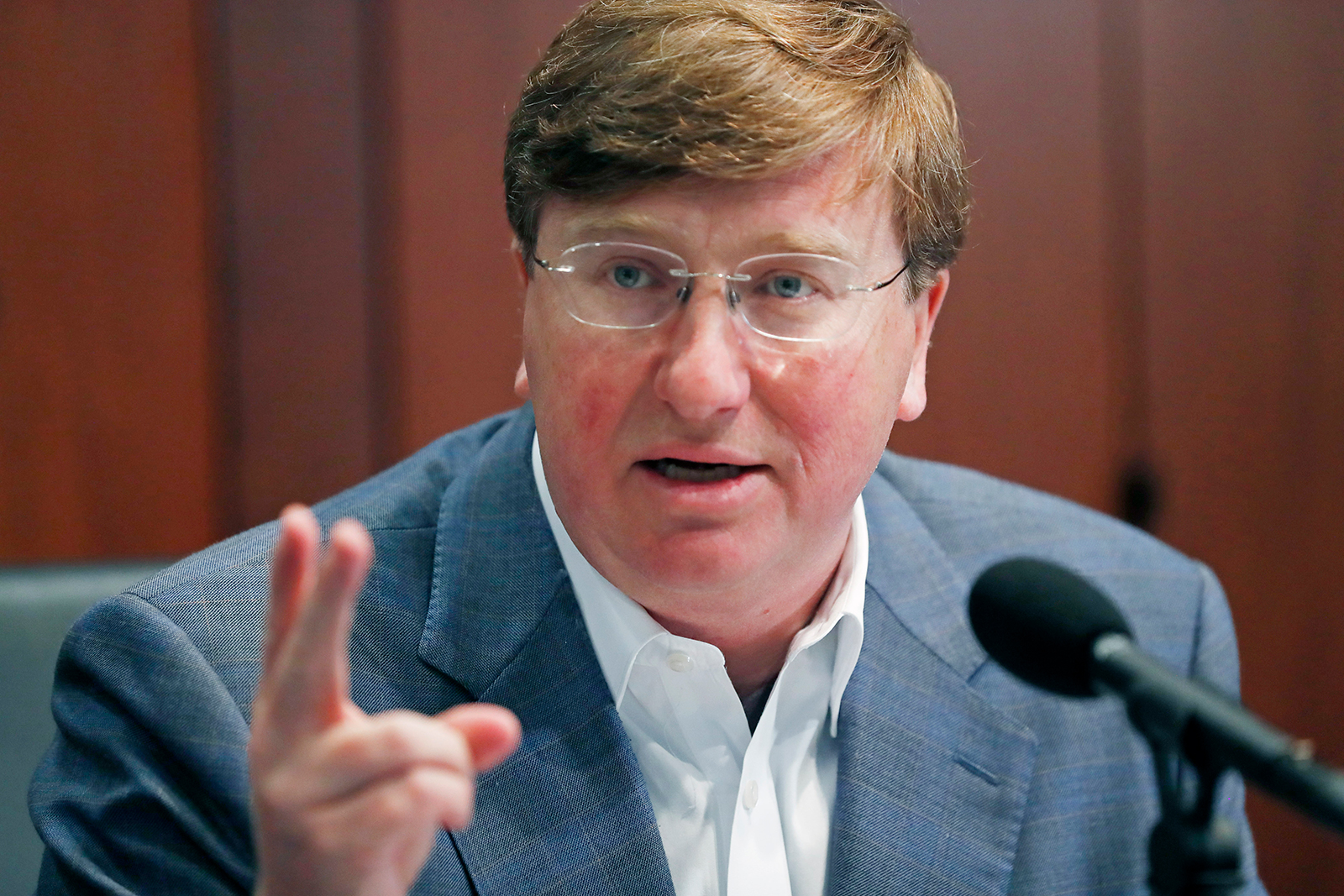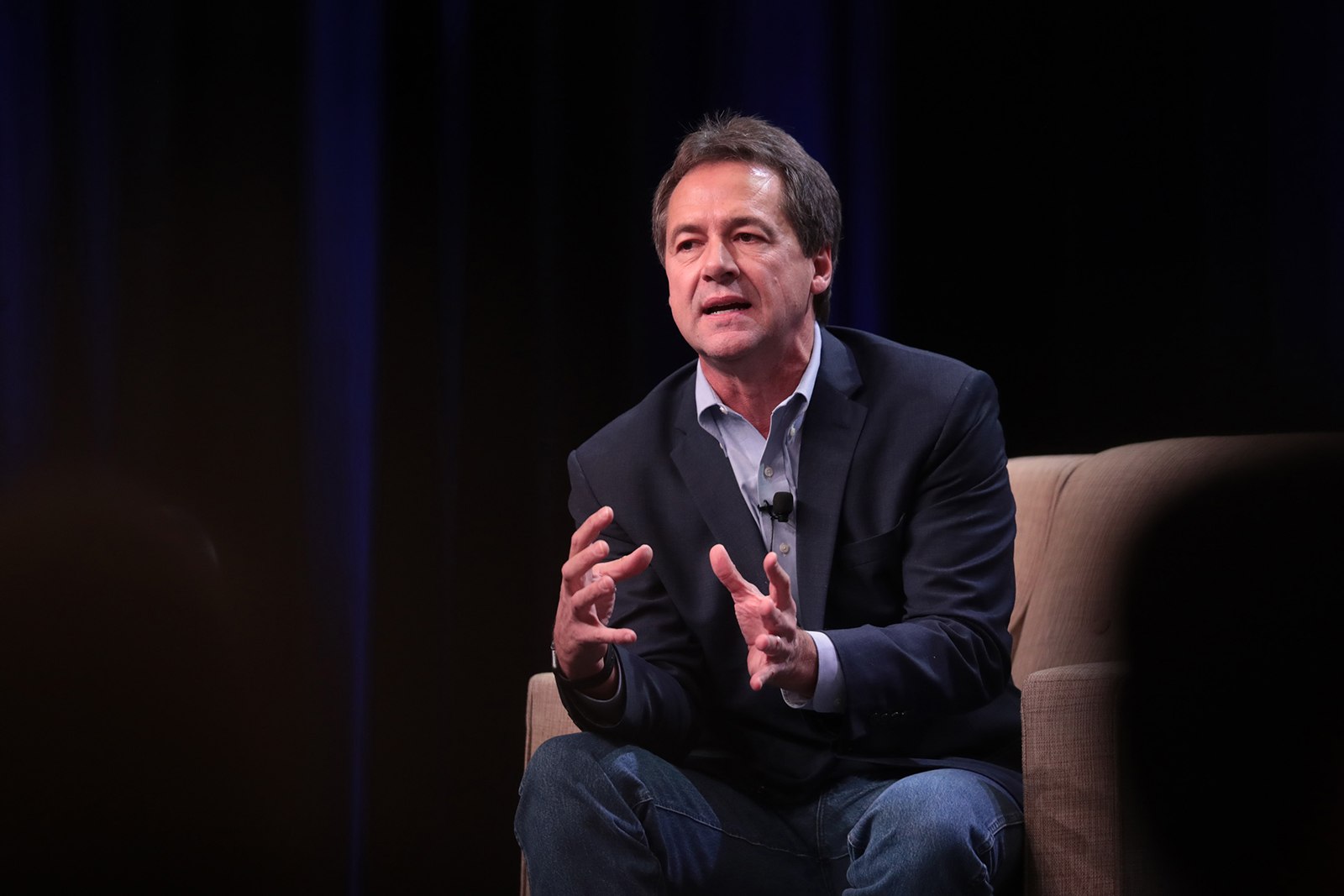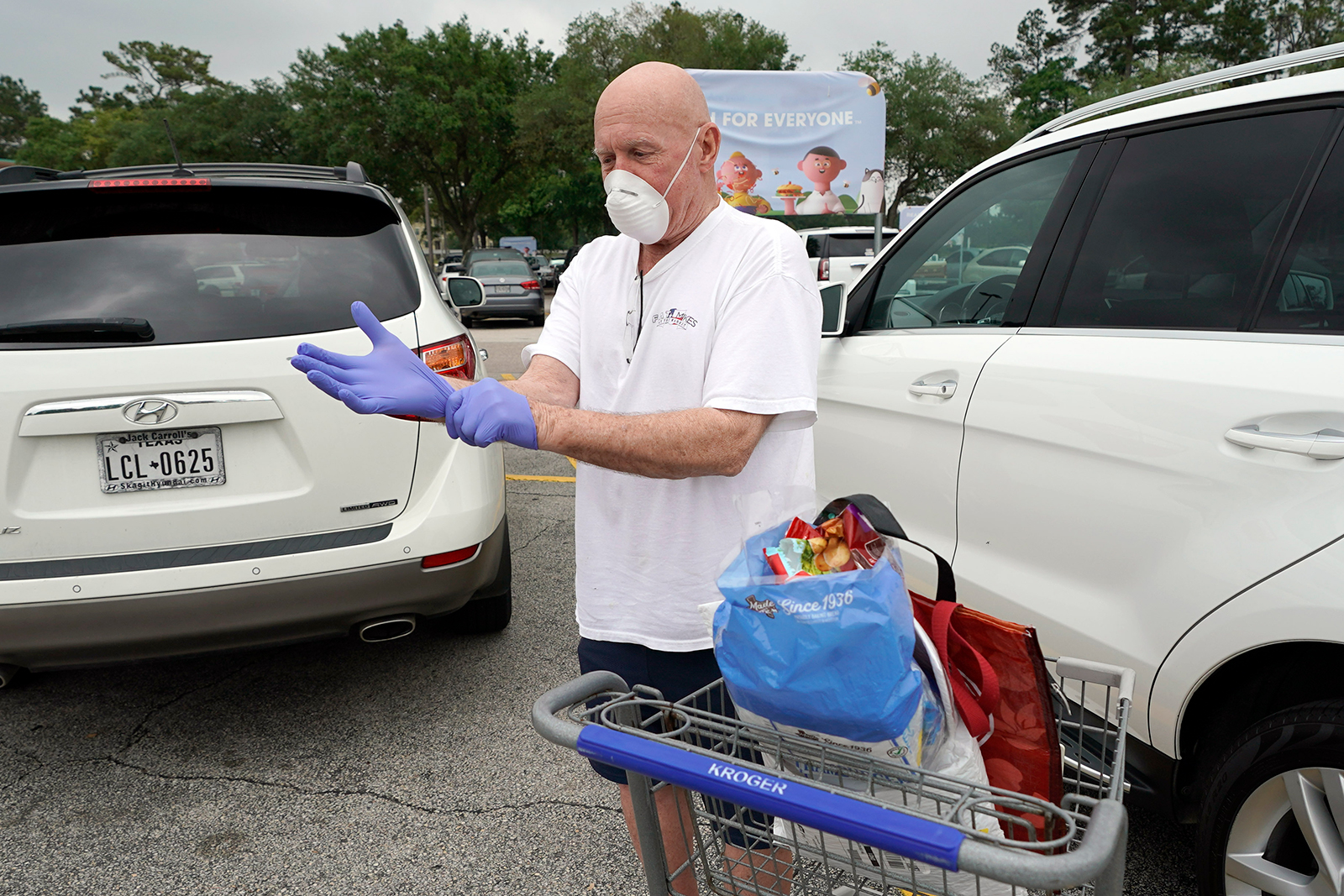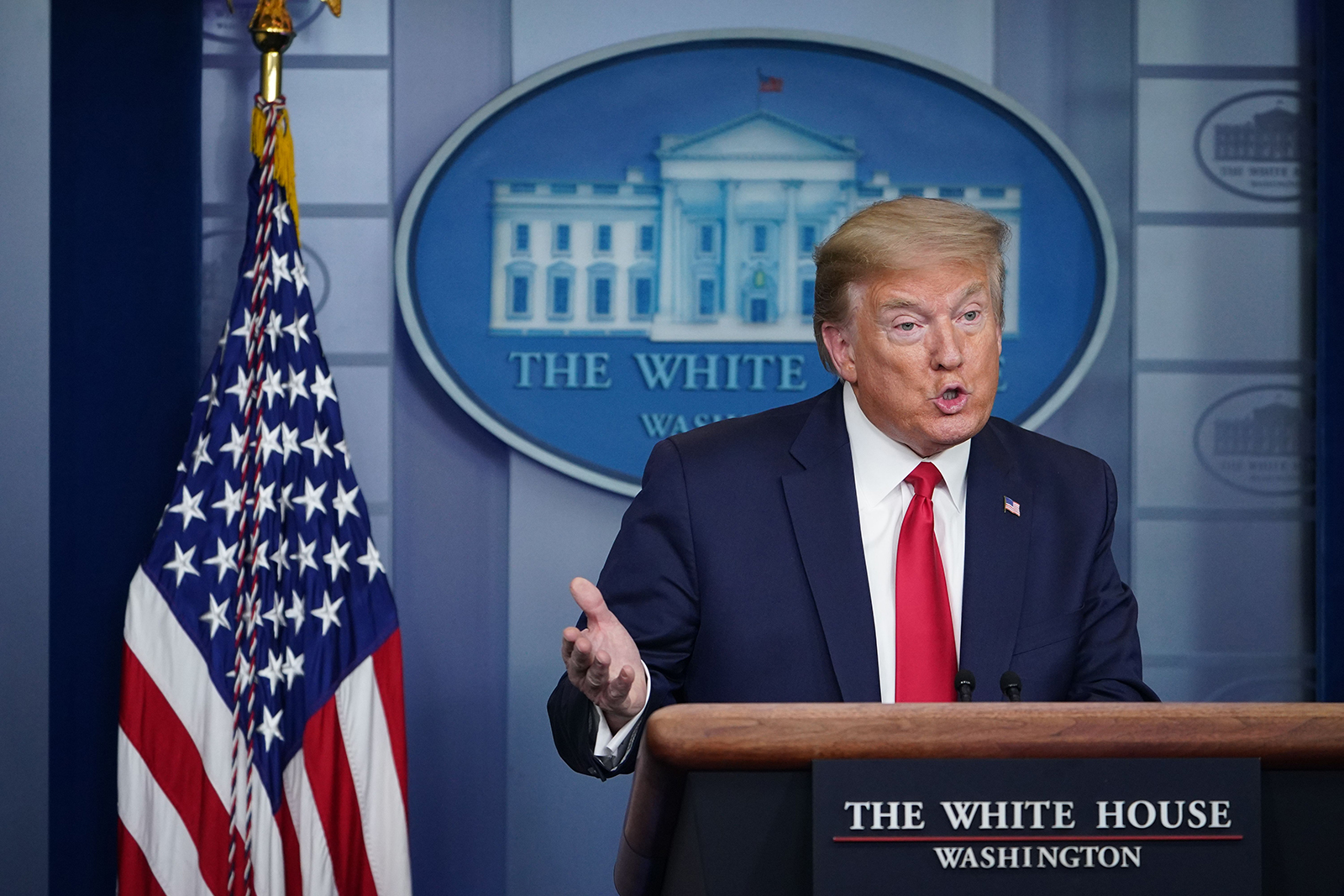
President Trump said he disagreed "strongly" with Gov. Brian Kemp's decision to open up parts of Georgia's economy while the coronavirus pandemic continues to threaten the state.
"I told the governor of Georgia Brian Kemp that I disagree strongly with his decision to open certain facilities, which are in violation of the phase one guidelines for the incredible people of Georgia," Trump said during his coronavirus task force briefing this afternoon. "But at the same time, he must do what he thinks is right. I want him to do what he thinks is right, but I disagree with him on what he's doing, but I want to let the governors do — now, if I see something totally egregious, totally out of line, I'll do [something]. But I think spas and beauty salons and tattoo parlors and barber shops in phase one, we're going to have phase two very soon. It's just too soon. I think it's too soon."
Some context: Kemp, a Republican and staunch ally of Trump, on Monday announced Georgia would allow nail salons, massage therapists, bowling alleys and gyms to open Friday.
In-person church services can resume. And restaurants and movie theaters can open Monday. His order also bars cities from imposing their own restrictions on businesses.
It's the most aggressive move yet to reopen a state's economy as Trump optimistically pushes for a May 1 end to some statewide lockdowns. It also came as a surprise to mayors and some members of Kemp's own coronavirus task force.
Watch the moment here:
